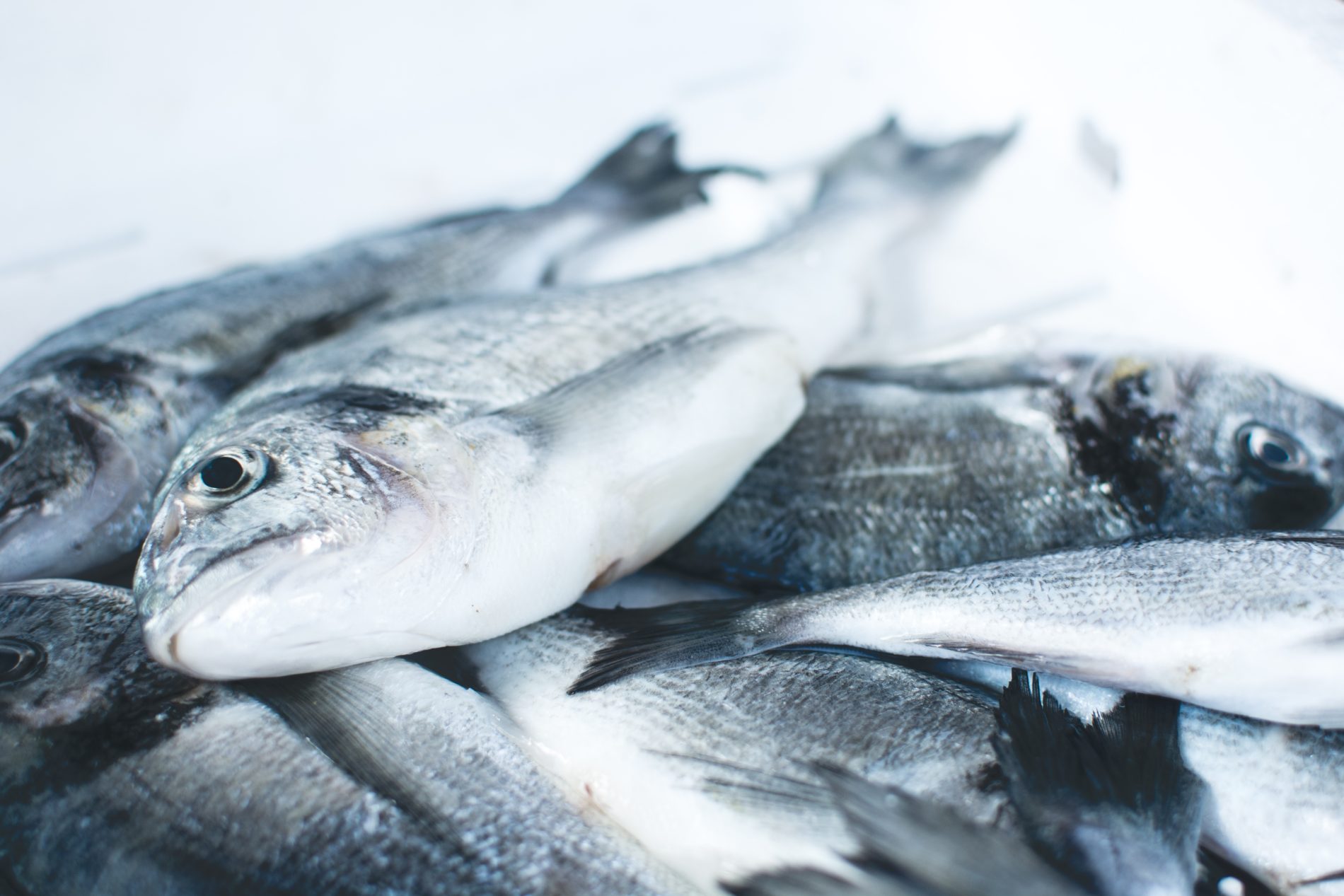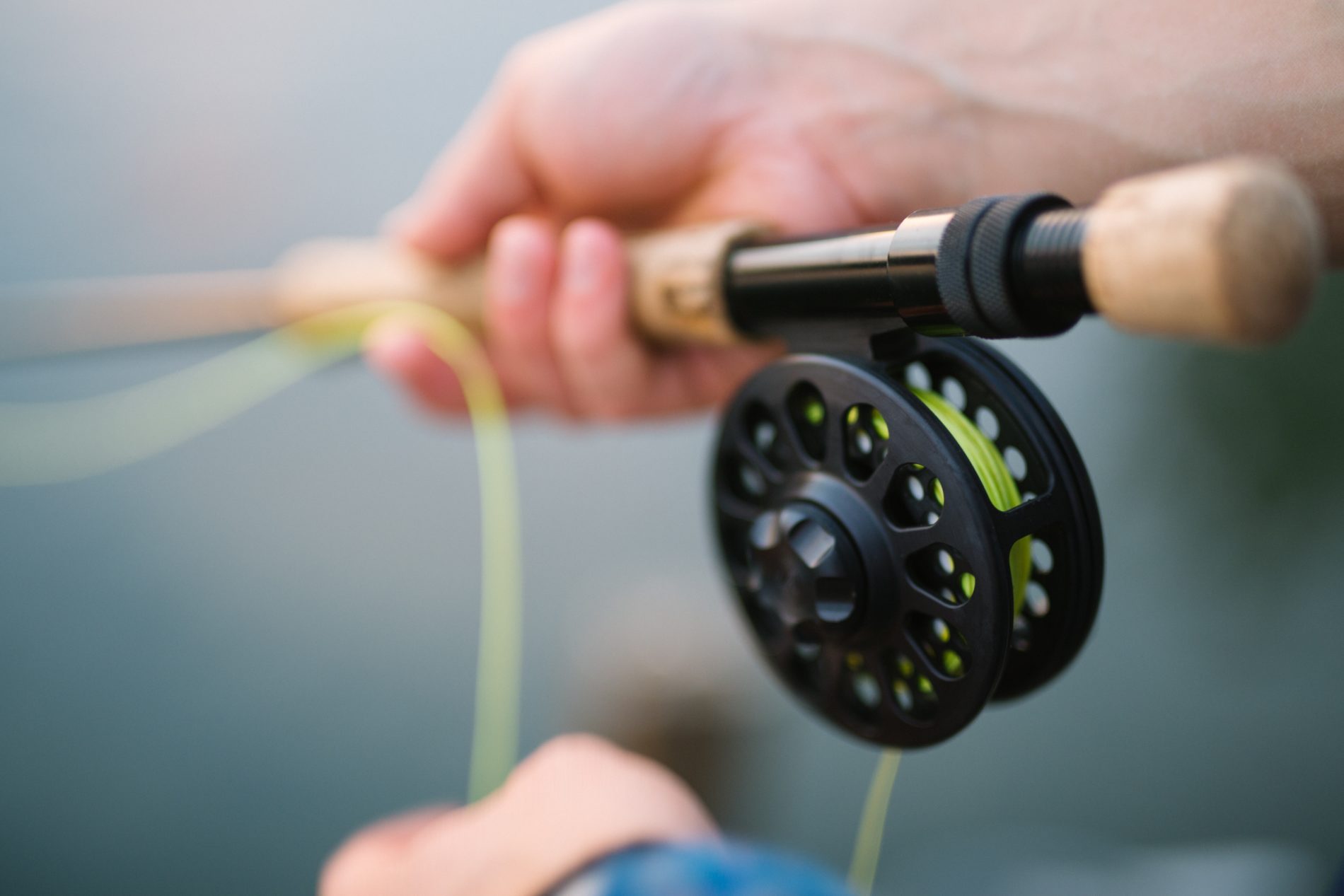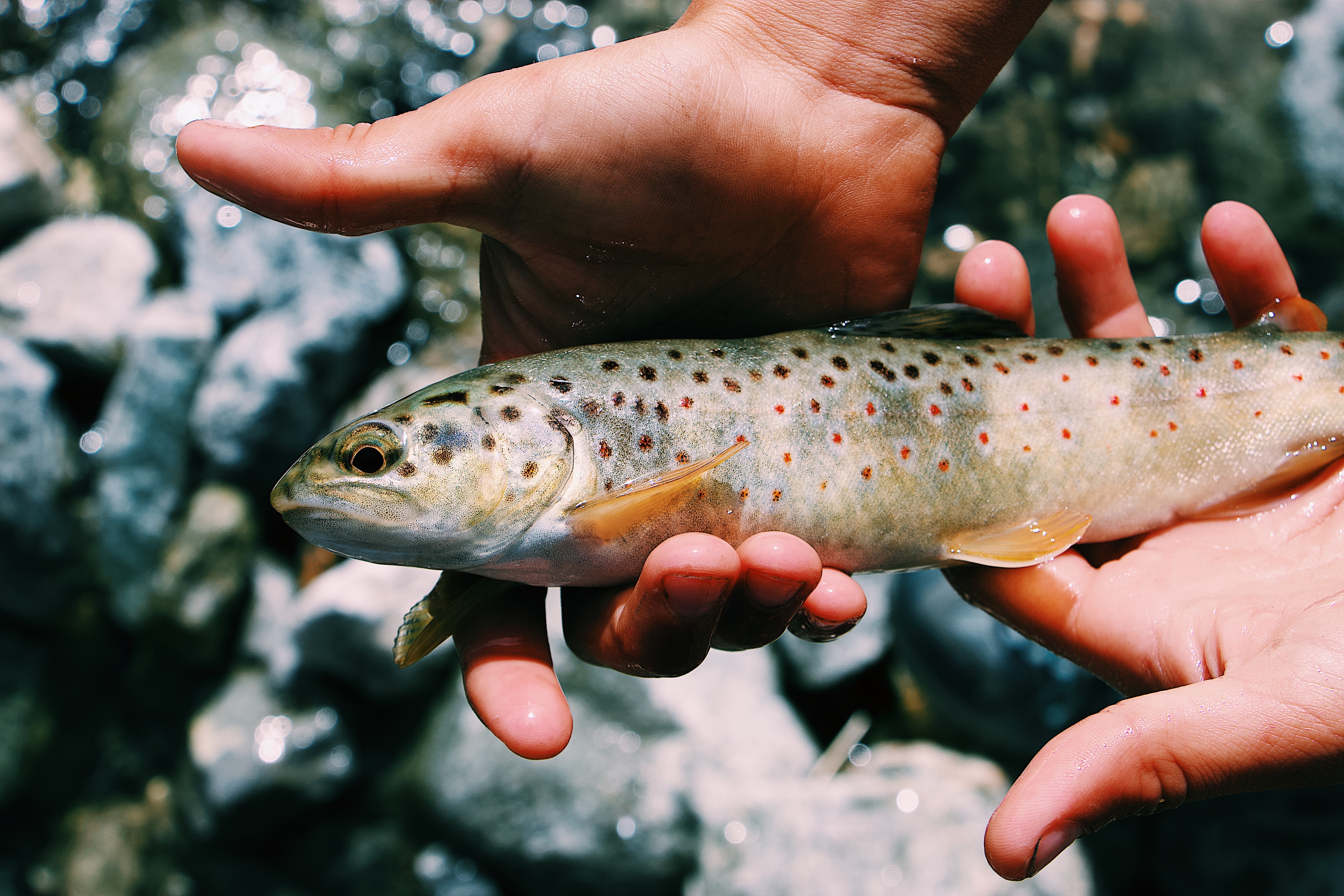Zero hunger is one of the United Nations Sustainable Development Goals (SDGs) and it continues to receive a lot of attention because the number of people affected by hunger increased by 38 million to 815 million between 2015 and 2016. According to Oxfam, the world produces 17% more food per person now than it did three decades ago, therefore, inefficient food production is not necessarily the problem we have when it comes to eliminating hunger. Statistics show that severe food wastage (approximately a third of all the food produced is wasted), and other factors like conflict, climate change, and failing economies are compounding our food insecurity problem.
Zero hunger goes beyond food production
One of the main problems resulting from the prevalence of hunger is nutrient deficiencies and these are especially common among children. 45% of all child deaths are a result of poor nutrition, but it is possible to curb both hunger and malnutrition using one source – sustainable fisheries. All the most common nutrient deficiencies are preventable through the inclusion of certain foods in the diet, and one preventative food type that is common among all these deficiencies is fish. Combating hunger and malnutrition through sustainable fishing is viable as there has been a shift in fishing practices and the promotion of sustainable fisheries is on the rise.
Sustainable fishing involves harvesting fish at sustainable rates, protecting habitats, and maintaining the livelihoods of those people who depend on fishing. A scientific measure of sustainable fishing known as the MSC standard is currently in use to promote sustainability and the United Nations (UN), through its agencies like the Food and Agriculture Organization, is also actively enforcing sustainable fisheries. The idea behind all the work is to increase safe fish production and to reduce overfishing and any forms of illegal or unregulated fishing practices.

In the photo: Pile of fish Photo Credit: Jakub Kapusnak
Common nutrient deficiencies and fish
The most common deficiencies affect a large proportion of the world population. At least 180 million people lack sufficient amounts of iodine and up to 80% of the population has some form of iron deficiency. The other common nutrient deficiencies are those of vitamins A, B12, and D – calcium, magnesium and zinc – and they affect between several hundred million and 3.5 billion people worldwide. Deficiencies in these nutrients cause several health problems including blindness, anemia, hypothyroidism, weak bones, brain damage, and overall impaired immune function.
While people with easy access to food can simply change their food choices to incorporate these key nutrients into their diets, this is not an option for people with limited or no access to food. Plans to eradicate hunger and malnutrition are being implemented, but increasing focus on producing fish sustainably can make a significant contribution to reducing and eliminating both these problems.
The following quick facts show the role that fish plays in the prevention of the most common deficiencies:
- All shellfish are high in iron and vitamin B12, particularly some types of clams which may contain up to 155% of the iron RDI and 1400% of the vitamin B12 RDI in a 100-gram serving. Shellfish, particularly oysters, provide large amounts of zinc and just six oysters can provide up to 290% of the required daily amount.
- Iodized salt is a great source of iodine, but fish is a healthier, major source of the mineral with certain types of fish like cod, providing up to 66% of the daily recommended amount of the mineral.
- Fatty fish including sardines, mackerel, and salmon not only provide both vitamins A and D, but magnesium as well.
- Boned fish, e.g. sardines and cod, are an excellent source of calcium.
The consumption of fish surpassed all other meat consumption in 2016 and the adoption and promotion of sustainable fishing globally may shape the future of nutrition and food availability.

In the photo: Man holding fishing rod Photo Credit: Carl Heyerdahl
Introducing sustainable fishing
Over 1 billion people in developing countries live in poverty and so it is unsurprising that hunger and nutrient deficiencies are more common there. A lot of people in these developing nations are increasingly dependent on fishing as a source of livelihood and food, therefore, increasing the sources and variety of the fish and promoting fisheries that are sustainable translates into recurring income and nutrition well into the future. The emphasis on ongoing food and nutrient provision is the very basis of sustainability, which seeks to promote continuity and not short-termism or the depletion of resources.
With enough education and work, sustainable fisheries may not only help lower hunger, but they may also address several other SDGs namely poverty, good health and well-being, and life under water. FAO has indicated that 10% of the world population relies on fishing for its livelihood, therefore, promoting sustainable fishing, even on a small-scale, has the potential to improve dietary needs and health while promoting the creation and growth of less-impoverished communities that can support themselves.
A 2008 report by the WorldFish Center estimated that a $15 million investment in small-scale fisheries would help 1.25 million fishing-dependent families in Sub-Saharan Africa by 2015 – that is a big return margin which shows just how potent sustainable fishing is. Delving into completely sustainable fisheries is a big step in the right direction, and if exploited well, it is a choice that has the potential to make a huge positive impact on our lives.










